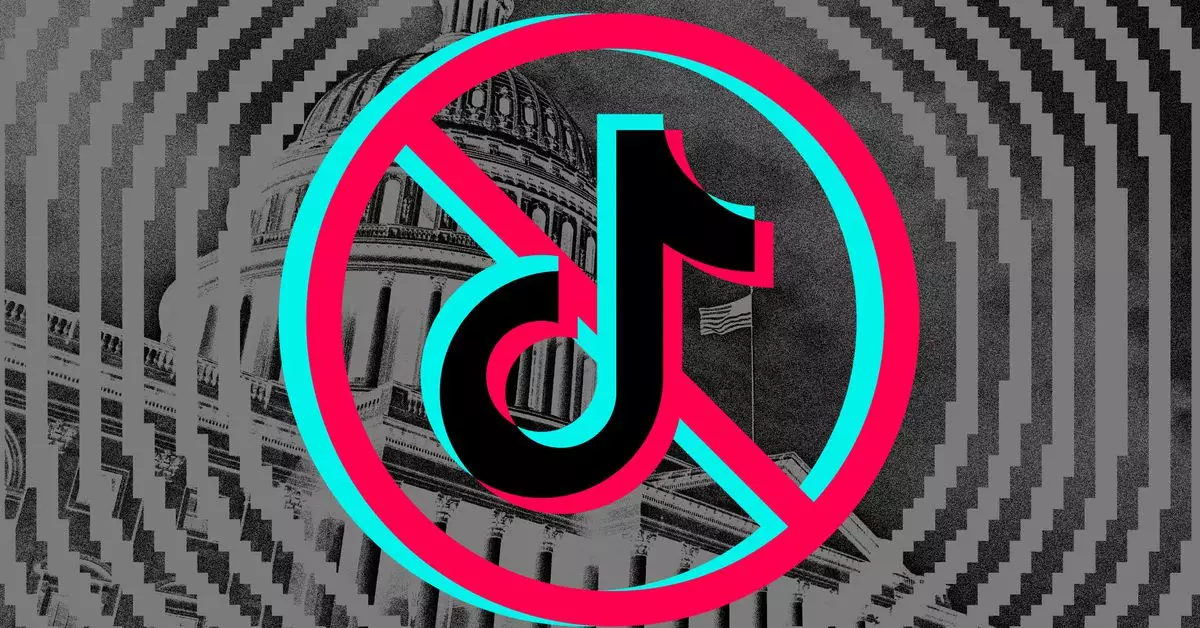Eight TikTok creators are taking legal action to prevent a law that would require the app to be banned unless its Chinese parent company divests it. They argue that such a measure would not only harm their livelihoods but also restrict their creative outlets. This lawsuit mirrors TikTok’s own legal challenge to the law, emphasizing First Amendment arguments and questioning lawmakers’ concerns as speculative.
The creators involved in the lawsuit, such as rancher Brian Firebaugh, book reviewer Talia Cadet, and college football coach Timothy Martin, highlight TikTok’s unique role as a platform for creative expression. They argue that the app’s recommendation algorithm and features set it apart from other social media platforms, making it irreplaceable for creators. The lawsuit contends that TikTok’s distinct culture and identity are integral to the content creation process.
Despite the creators’ acknowledgment that they have used other social media platforms like Facebook and Instagram, they claim that their following on those sites is significantly lower. They fear that a change in ownership could significantly alter the user experience, citing Elon Musk’s takeover of Twitter (now X) as an example. The creators emphasize their interest not only in creating content through TikTok but also in accessing expression as facilitated by the platform’s current editorial practices.
The lawsuit has been filed in the federal Court of Appeals in DC, which has jurisdiction over challenges related to the forced divestment law. The creators are seeking a declaration that the law is unconstitutional and requesting an injunction to prevent its enforcement. While the court is likely to take the First Amendment arguments seriously, it also needs to consider the national security concerns that prompted the legislation in the first place.
The legal battle surrounding TikTok’s potential ban raises significant questions about the impact on content creators who rely on the platform for their creative expression. The outcome of this lawsuit could have far-reaching implications not only for the app itself but also for the individuals who have built careers and communities on TikTok. As the case unfolds, it will be essential to balance the interests of free speech advocates with national security imperatives to determine the future of the platform and its users.


Leave a Reply
You must be logged in to post a comment.